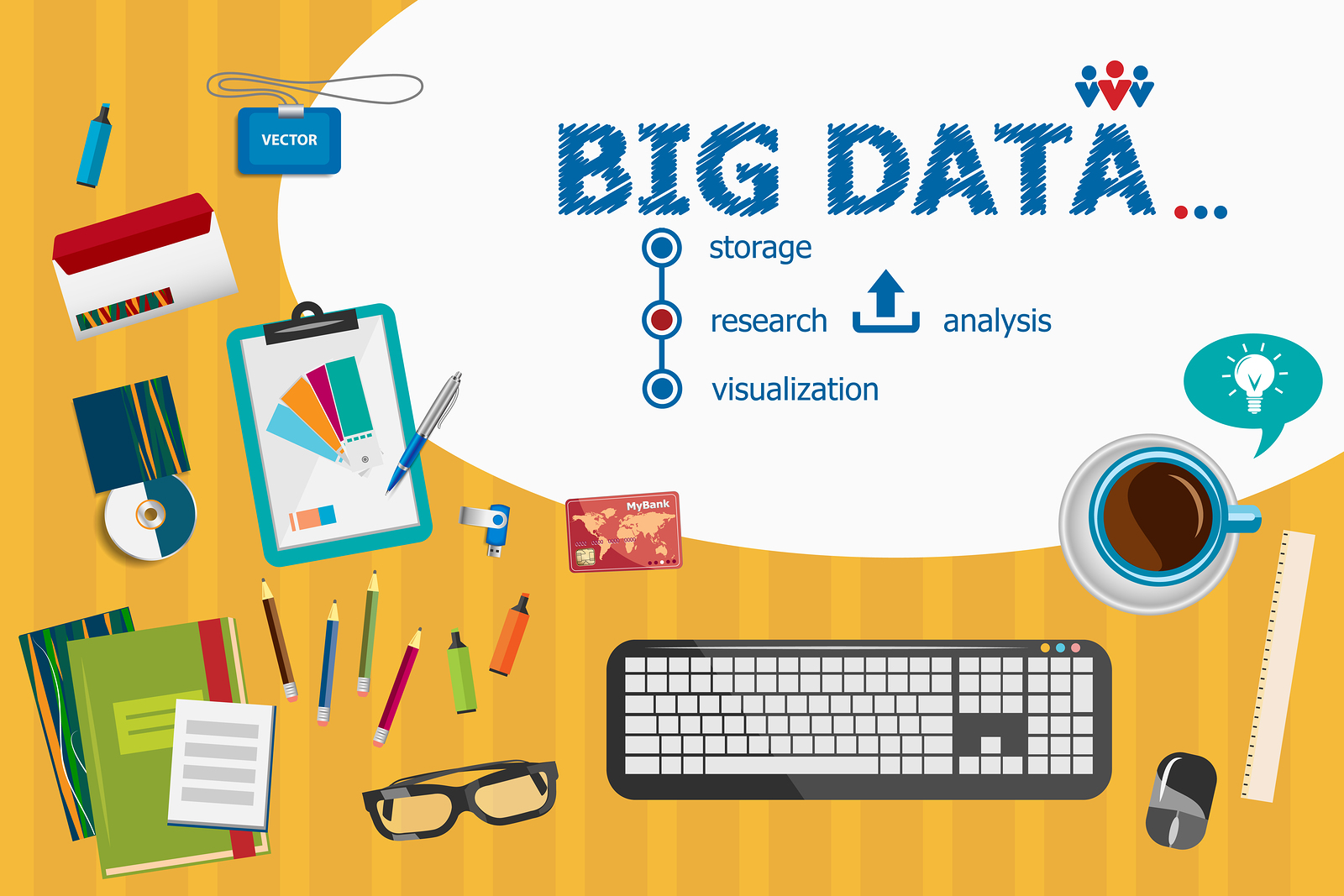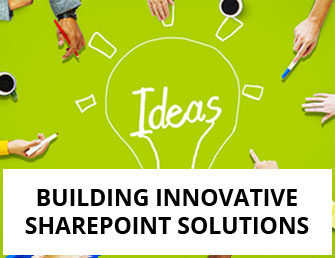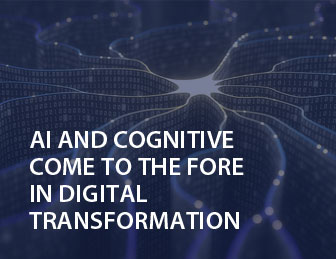Nearly two decades ago, data scientists and analysts forecasted that data sets would grow rapidly. This forecast is proven right and has even revolutionized data management lifecycles. And, today, any data scientist can assure businesses that this data flow will not cease anytime soon.
This assurance implies that big data will get stronger with each passing day—and that has raised many challenges in managing complicated data sets. For many data analysts, tools such as NoSQL, MongoDB, and Apache Hadoop are used for representing big data. But as today’s data architecture is getting bigger than ever, it is important to pick a tool that rightfully maps such complex data sets.
Two tools that can streamline and even reimagine the way businesses manage data today include MongoDB and Hadoop. Because of this, the post covers every single factor why companies—struggling with data swamps—should focus their time and resources on these two platforms.
Apache Hadoop
As an open-source framework, Hadoop stores and processes large-sized data sets with effortless ease. This framework has individual modules that can carry a wide, Hadoop Distributed File System (HDFS). Further, the Java-based framework is engineered to include a sophisticated programming model for processing data quickly, a set of components providing high-level interfaces, and a resource management platform.
Hadoop Components
- Hadoop Common: A collection of utilities and libraries dependent on countless other Hadoop modules.
- HDFS: A fault-tolerant, scalable file system that is written in Java and that is designed to offer high throughput to large-sized application data sets.
- MapReduce: This is a software development framework/paradigm for easily processing huge chunks of data sets simultaneously.
- Yet Another Resource Negotiator: This is a robust framework for handling or scheduling resource requests coming from distributed applications.
Benefits of leveraging Hadoop
- Scalable: This framework is known for its stability as it can efficiently store and distribute large-sized data sets across a range of inexpensive servers operating in parallel.
- Cost effective: Then compared with the traditional RDBMS, Hadoop takes few amounts of commercial resources and energy to process large volumes of data.
- Flexible: Any leading big data solutions provider will vouch for Hadoop’s flexibility. This platform is designed to tap into a variety of data sets (both unstructured and structured) and to generate value from them.
MongoDB
This platform is written in C++ and belongs to the core family of NoSQL. The framework is based on an unconventional model, and that is why it avoids relational database’s table-based structure. Whether it is about indexing, aggregation, or replication, MongoDB can execute all such tasks in short turnarounds.
Core components
- Mongod: This component acts as the core database process of this framework.
- Mongos: Here is a query router and controller for managing shared clusters easily.
- Mongo: This component is an interactive MongoDB Shell.
Benefits of using MongoDB
- Schema less: This platform is a document database where one collection can simply hold a number of documents.
- Document-oriented storage: This benefit is one of the favorites of enterprise big data services providers where data is stored efficiently within JSON–styled documents files.
- Content management: If a business is concerned about managing complex content flows and handling humongous data sets, then this platform should be deployed without ado.
Because of these factors, MongoDB and Hadoop have become reliable platforms for managing big data for any company. If a business is grappling with getting crucial insights into mismanaged data lakes, then it should get in touch with a credible big data solutions provider today.


 admin
admin


